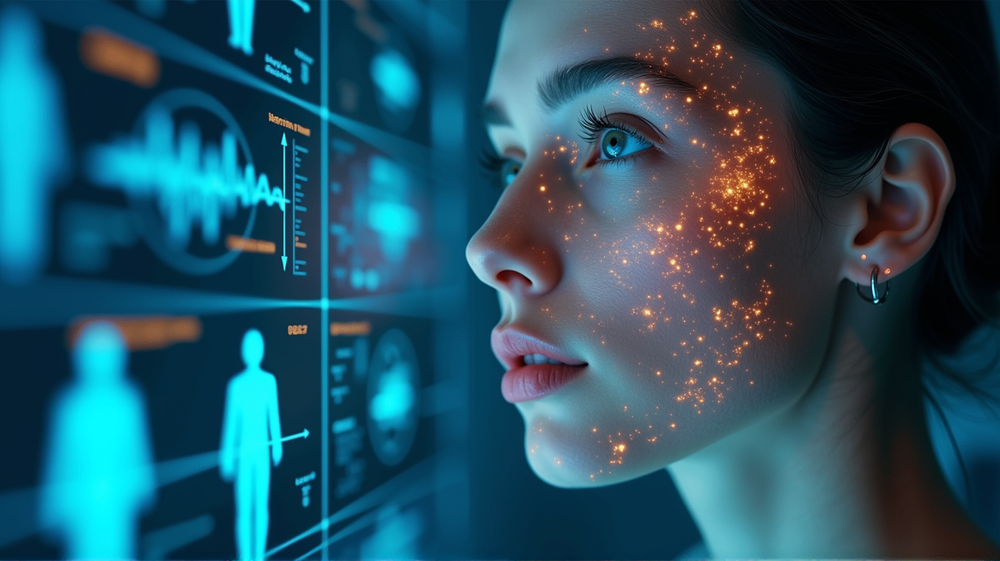In a groundbreaking leap for medical technology, Mass General Brigham introduces FaceAge, an AI tool that can read between the lines — of your face, that is. Imagine: a simple selfie snapshots the unexplored dimensions of your biological clock and your odds in the face of cancer.
The Future of Healthcare in a Selfie
Unveiling the hidden clues nestled in the creases and curves of faces, FaceAge isn’t just assessing chronological miles walked. Instead, it perceives the deeper, biological journey traveled. According to Fox News, researchers have trained their AI marvel with over 58,000 photos, turning every pixel into predictors of life expectancy and cancer survival rates.
Beyond Traditional Medical Perception
This innovation challenges the traditional eyeball test — a doctor’s gut feeling, now quantified with startling precision. In clinical trials, the tool pegged cancer patients’ biological ages, typically tabulating them five years senior to their chronological age, providing insights into their resilience post-therapy.
A Doctor’s Gut, Quantified
Integrating AI into medical judgments, FaceAge stands as a supportive ally for clinicians. Dr. Harvey Castro emphasizes blending human empathy and scientific rigor, preventing AI from overshadowing nuanced clinical judgment. As Dr. Castro voiced his excitement, he pointed out the tool’s potential for the personalization of treatment plans in oncology and its ability to prioritize care dynamically.
Ethical Considerations: A Double-Edged Sword
While promising, the tool’s revelations beckon ethical questions. Who safeguards the data treasure chest? How might this information shape self-perception or treatment approaches? As Dr. Castro warns, understanding and clarity are crucial to preserving patient dignity and privacy — putting forth a call for informed consent within a strong regulatory framework.
Revolutionizing the Biomarker Landscape
The technology hints at a broader horizon, pushing beyond cancer care to potentially serve as an anticipatory sentinel for chronic ailments often mirroring the cadence of aging. Ray Mak’s vision of FaceAge might one day adapt into a comprehensive early detection system, transforming healthcare itself.
In this AI-driven era, FaceAge shines as a beacon of modern medicine, illuminating new paths for both disease detection and empathetic patient care. The road ahead is shaped by intricate layers of technology interwoven with human touch, ready to redefine the very essence of how we understand and manage health.












